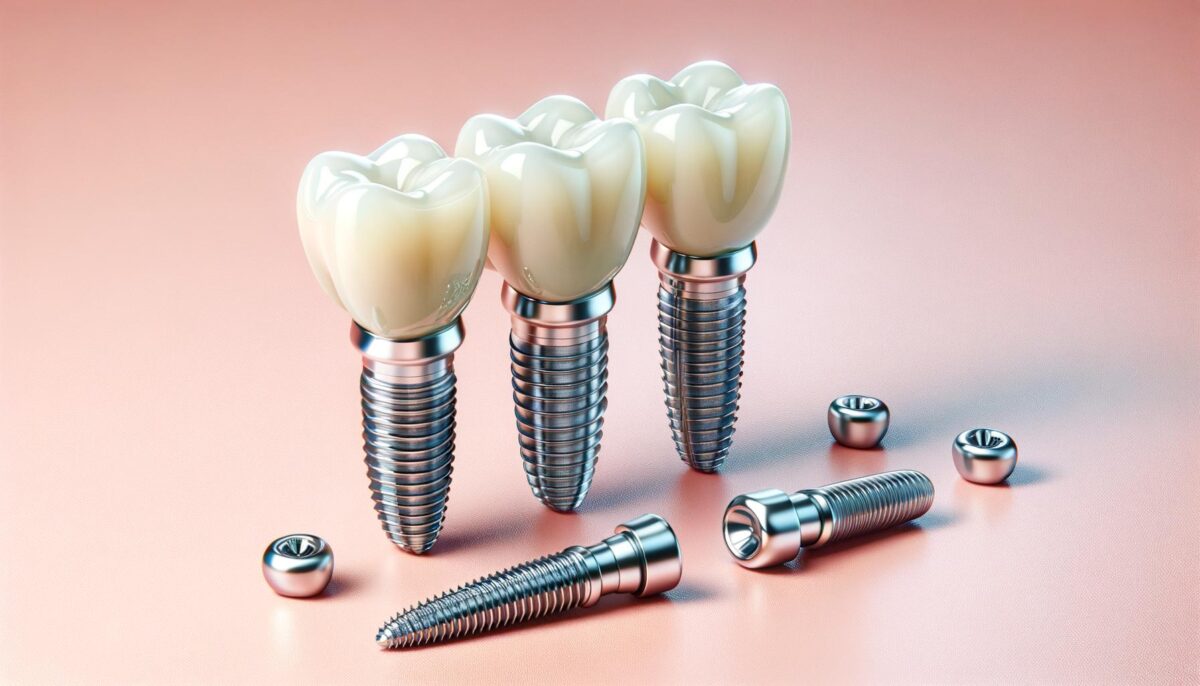Understanding Dental Implants
Dental implants are widely recognized as a highly effective solution for replacing missing teeth. Composed of durable materials like titanium, they function as artificial tooth roots that support crowns, bridges, or dentures. The implant itself is a small post that is surgically placed into the jawbone, where it bonds with the bone over time through a process called osseointegration. This creates a stable foundation for the replacement tooth, mimicking the strength and functionality of natural teeth.
The Advantages of Dental Implants
Dental implants offer several advantages making them a preferred choice for many individuals considering tooth replacement. Here are some of the benefits:
- **Durability**: Implants are designed to last many years due to the strong materials used, which often means they are a long-term, reliable solution.
- **Improved Oral Health**: Unlike fixed bridges that rely on neighboring teeth for support, implants help maintain natural tooth structure as they are independent fixtures.
- **Natural Look and Comfort**: They provide aesthetics and functionality similar to natural teeth, offering comfort without the inconvenience of removable dentures.
- **Confidence Boost**: With dental implants, individuals can speak and chew with confidence, knowing that their teeth are secure.
These advantages make dental implants a compelling option for those aiming to restore their smiles and improve oral health.
The Implant Procedure
The dental implant procedure typically involves several stages and is spread over a few months to allow for proper healing and integration. Here’s a general overview:
- **Consultation and Planning**: The process begins with a thorough examination, including scans and x-rays, to determine the best approach. Personalized treatment plans are developed to address specific needs.
- **Surgical Placement**: During this phase, the dentist surgically inserts the implant post into the jawbone. Local anesthesia is often used for patient comfort.
- **Osseointegration Period**: Following surgery, a healing period of a few weeks to several months is essential for the implant to fuse with the bone.
- **Abutment and Crown Placement**: Once bonded, an abutment is attached to the implant, serving as a connector for the replacement tooth, which is then precisely fitted and secured.
Following the outlined steps ensures that the implants are stable and function effectively as a replacement for natural teeth.
Who is an Ideal Candidate?
While dental implants can be an excellent option for many, they are not suitable for everyone. Ideal candidates should have
- **Healthy Gums and Adequate Bone Density**: These are crucial for supporting the implants.
- **Good Oral Hygiene**: Committed individuals to maintaining dental hygiene are better suited for implants.
- **Overall Health**: Candidates should not have any conditions that impede healing or bone growth.
In cases where bone density is insufficient, procedures like bone grafting or sinus lifts may be recommended to create a solid foundation for the implants.
Conclusion
Dental implants are a renowned and outstanding solution for those seeking to replace missing teeth securely and naturally. They offer numerous advantages that contribute to better oral health and improved quality of life. However, successful outcomes depend on careful planning and professional execution of the procedure. For anyone considering this treatment, consulting with a dental professional is crucial to determine suitability and achieve the desired results.
